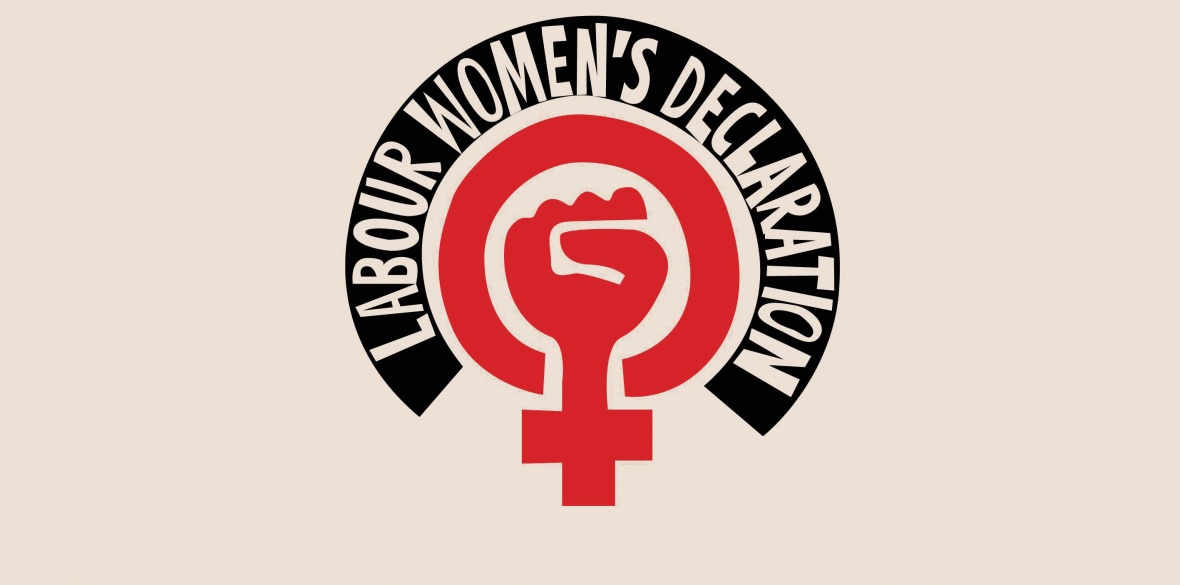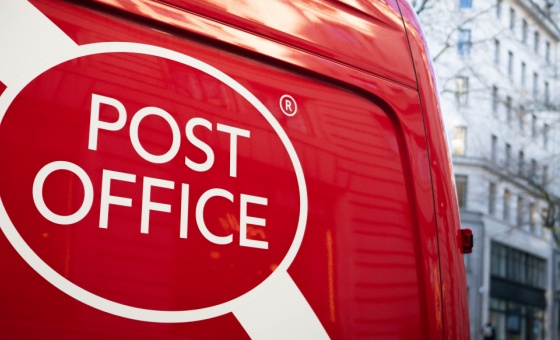This is the last article you can read this month
You can read more article this month
You can read more articles this month
Sorry your limit is up for this month
Reset on:
Please help support the Morning Star by subscribing here
WHEN women come together, particularly when it’s to defend our sex-based rights, there is a palpable feeling of energy in the air. Such was the atmosphere at the inaugural meeting of supporters of the Labour Women’s Declaration (LWD).
The meeting, held in London on the day after the Women’s Liberation conference organised by UCL Women’s Liberation Special Interest Group and A Woman’s Place UK, was timed to make the most of women being in town for the event.
From Devon to Dundee and all points in between, some 80 Labour Party women, and a couple of male allies, gathered to build on recent successes in the battle to preserve sex-based rights and free speech — but also in solidarity in the face of the backlash against their efforts.
As well as more than 3,000 signatories supporting the declaration and a commitment to women’s sex-based rights featuring in Labour’s 2019 election manifesto, recent successes include Tottenham CLP’s free speech motion, which was carried 47/12.
It takes as its starting point that “there are legitimate concerns to be addressed when balancing the need for support and dignity for trans people with the need to maintain protection for women’s sex-based rights, as enshrined in the Equality Act 2010.”
Among other things, it also resolves “to make clear [that Tottenham CLP] supports the right of women to self-organise and freely campaign and advocate for women’s sex-based rights.” The motion further suggests there’s no place for intimidation, aggression or abuse when discussing the issue.
Quite why such a motion could be considered controversial is anyone’s guess. The matter concerned is entirely a proper one for debate, so the question must be asked: Why are members of a party which is based on comradely behaviour and working collectively kicking off when they are asked to behave in a comradely fashion? And why are they being allowed to get away with it?
The Labour Women’s Declaration meeting confirmed that the hostility is far from the odd isolated incident.
Attendees were asked to stand if they’d received abuse, trolling, threats, complaints to their employers or malicious complaints and investigations within the party merely for raising concerns about women’s sex-based rights and sex self-ID. More than half of those present got to their feet.
But nobody was in the mood to wallow. Instead the meeting proceeded with its aims to establish and strengthen mutual support networks — in regional, country and trade union groupings — to ensure gender critical views are heard and represented in decision-making and policy formation bodies.
Plans to organise at Constituency Labour Party, branch and women’s branch level, and within relevant national networks and conferences, were also on the agenda.
The challenges faced by lesbians in the party was also discussed, with lesbians joining forces to organise via an autonomous group.
“The meeting was a first step within the party towards addressing the extreme fear and anxiety that feminists — and lesbians in particular — are experiencing within Labour,” said an LWD spokeswoman.
She added: “Until senior politicians follow the example of the three MSPs in speaking up for free speech, this misogynist and lesbophobic abuse will continue — which is why there’s huge disappointment at the responses of nearly all the candidates for leader and deputy leader on this issue.”
The three MSPs referred to are former Scottish Labour leader and MSP for Glasgow Johann Lamont; Elaine Smith who represents Central Scotland; and North East Scotland MSP Jenny Marra. Although they were unable to attend the meeting, all sent messages of support.
Lamont said: “Women are now finding their voices in greater and greater numbers in a debate about understanding and protecting women’s sex-based rights. These rights were won after a hard fight and they are now under threat — but we know these rights are needed as much as ever.”
She added: “We owe a debt of gratitude to those who were first to speak up and speak out. Some have paid an all too heavy personal price. They deserve our commitment to ensuring we all play our part in speaking out for the rights of women and girls.”
The meeting also provided an opportunity for Labour activists to support their Scottish sisters, who are currently working to ensure gender critical voices respond to a consultation on a proposed Gender Recognition Reform Bill north of the border.
The Bill proposes that anyone aged 16 or over will be allowed to change the sex recorded on their birth certificate — which would have the effect that the material and biological meaning of “woman” and “man” would no longer exist in law.
Anyone may respond to the consultation — not just those who live in Scotland — and the deadline to do so is March 17.
“This is the most urgent action right now,” said an LWD spokeswoman. “Those who want this Bill to become law have mobilised support for it at an international level, but unfunded community-based groups will not be able to mobilise on such a massive scale. Yet they speak for the majority who do not support the idea of sex self-ID.”
Despite the hostilities and difficulties women face when raising the issue of sex-based rights and concerns about sex self-ID, the outcome of the LWD meeting had much in common with the closing session of the Women’s Liberation conference of the day before. The meeting may be closed, but Labour women are galvanised.
● The Scottish gender recognition reform consultation closes on March 17 2020. Guidance on responding can be found at: forwomen.scot
● The Labour Women’s Declaration can be signed here: www.ipetitions.com/petition/labour-womens-declaration
● The LWD group also has a Facebook page: www.facebook.com/LabourWomensDeclaration
● Or can be followed on Twitter @LabWomenDec or via twitter.com/LabWomenDec
● Women who want to get in touch with the group should email: [email protected]
Alice Brean is a freelance journalist and feminist activist.











